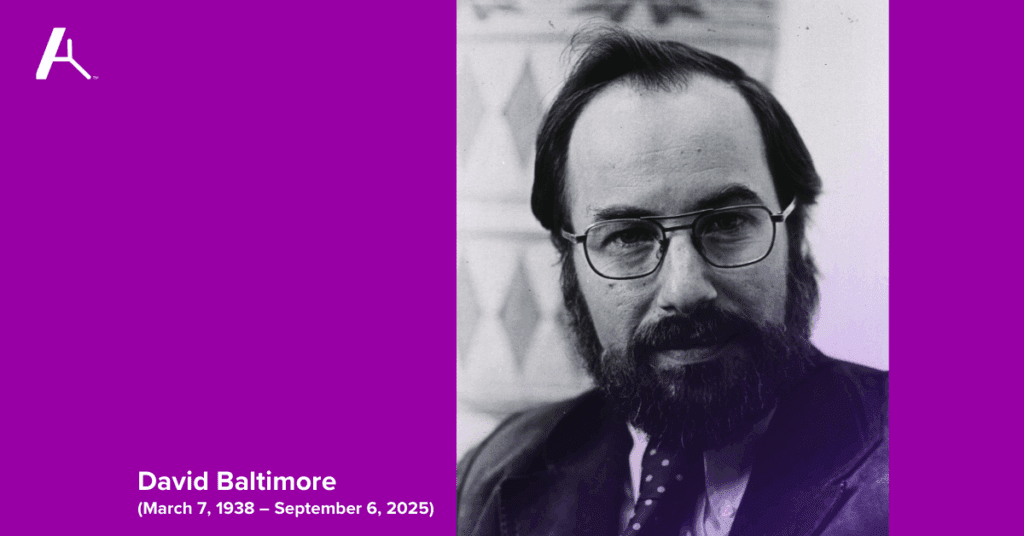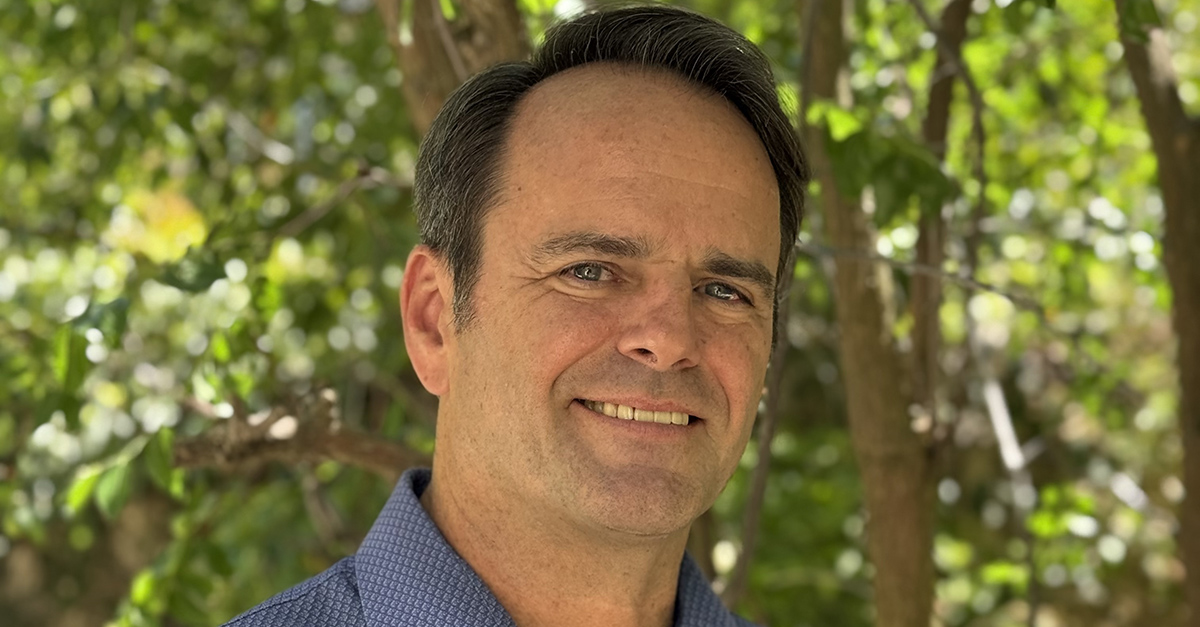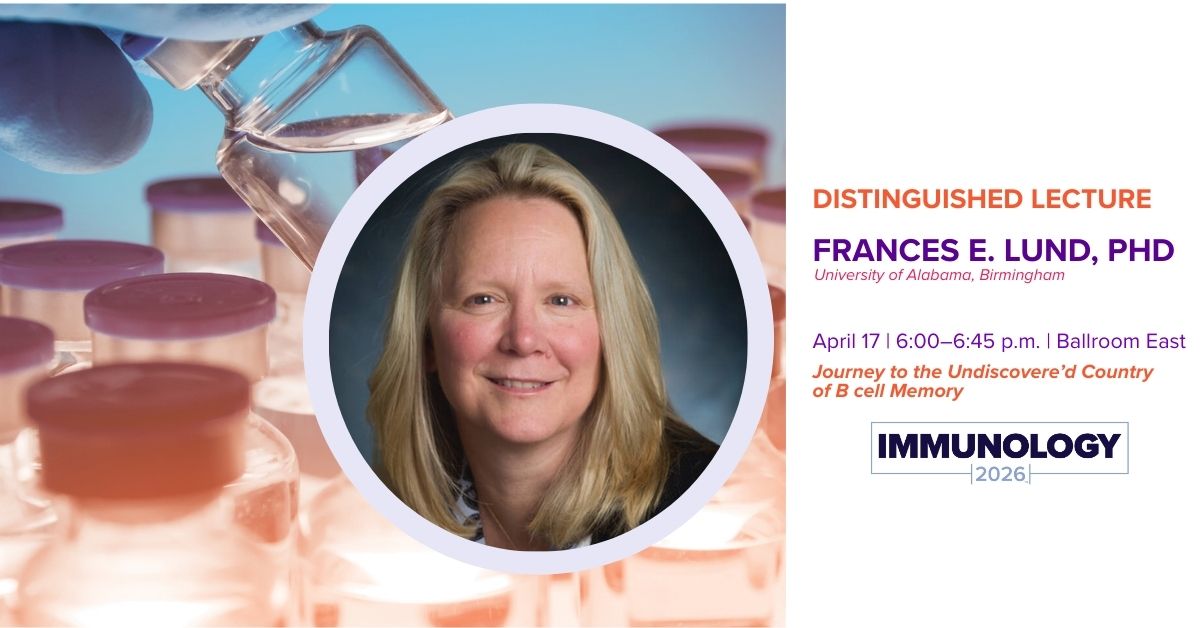September 9, 2025

David Baltimore, Ph.D., who discovered reverse transcriptase and opened the door to both a new understanding of immunology and novel treatments, passed away on September 6, 2025, at the age of 87. He was an early champion of AIDS research and was named a Distinguished Fellow of AAI in the inaugural class of Fellows in 2019.
Dr. Baltimore was born in New York City on March 7, 1938. He decided on a career in biological research while spending a summer at the Jackson Laboratory in Bar Harbor, Maine while a high school student. He received his Ph.D. at the Rockefeller Institute in 1964 and remained there as a postdoctoral fellow in James E. Darnell’s (AAI ’60) laboratory. The following year, he accepted a position as a research associate at the Salk Institute, where he began his work with Renato Dulbecco. Baltimore moved to MIT in 1968.
He served as the founding director of the Whitehead Institute of Biomedical Research, an independent research center affiliated with MIT, from 1982 to 1990, when he was appointed president of the Rockefeller University. He joined AAI in 1984.
Baltimore remained at Rockefeller University until 1994, when he returned to MIT as Ivan R. Cottrell Professor of Microbiology and Immunology. In 1997, he was named president of Caltech and served in that post until 2006, when he became president emeritus and Robert Andrews Millikan Professor of Biology.
Nobel Laureate
Baltimore was awarded the 1975 Nobel Prize for Physiology or Medicine jointly with Dulbecco and Howard Temin for “their discoveries concerning the interaction of tumor viruses and the genetic material of the cell.”
Baltimore and Temin independently discovered reverse transcriptase, the enzyme that transcribes ribonucleic acid (RNA) to deoxyribonucleic acid (DNA), publishing their results in the same issue of Nature in 1970. Until this work, the central dogma of molecular biology held that the transfer of sequential information could pass only from DNA to RNA to protein. Both Baltimore and Temin had worked in Dulbecco’s laboratory earlier in their careers. Their research built upon his discovery in the 1950s that RNA viruses could alter an infected host’s DNA.
The discovery’s full significance to medical science became much more evident several years later, when knowledge of the functioning of reverse transcriptase proved crucial to understanding retroviruses, most notably HIV. As chair of the NIH AIDS Vaccine Advisory Committee from 1996 to 2002, he was able to move policy toward greater AIDS research, which he had promoted on his own for years.
In 2021, Dr. Baltimore was awarded the Lasker-Koshland Award for Special Achievement in Medical Science. The award recognized him “for the breadth and beauty of his discoveries in virology, immunology, and cancer; for his academic leadership; for his mentorship of prominent scientists; and for his influence as a public advocate for science.”




